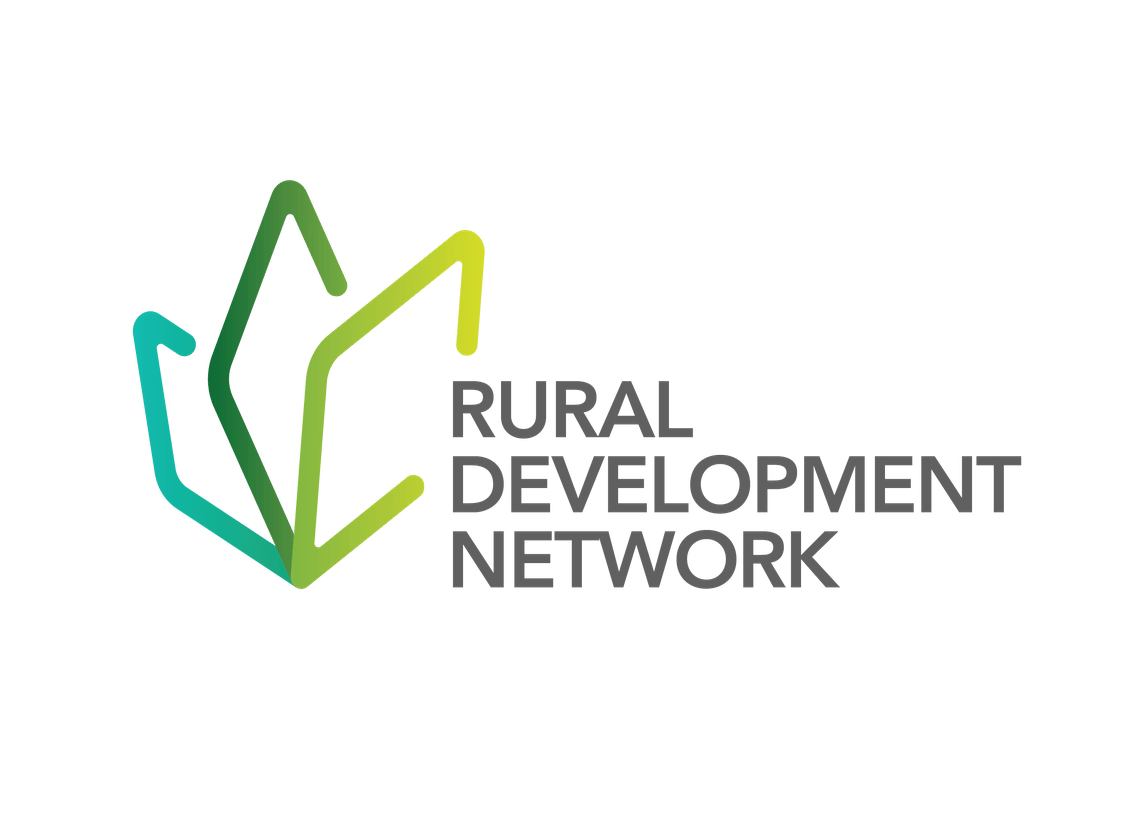
Clearing a New Path™ and Clearing a New Path Podcast™ are products of Radar Media, located in Dorchester, Ontario on the traditional territory of the Anishinaabe, Haudenosaunee and Neutral peoples who once used this land as their traditional beaver hunting grounds. As a settler here I’m committed to deepening understanding of Indigenous communities and reframing responsibilities to land and community.I am grateful to Mother Earth for the opportunity for love and connection and to the spirits of the Elders and the Medicine People who still walk the Earth.
JANUARY 19, 2023
I come to this work as a white woman of privilege; a vulnerable allyship student.I get things wrong often and I am open to, and welcome opportunities to be called in about the content in this newsletter, in order to create safe, brave spaces for all.The purpose is to unite people in rural Canada.I am grateful to walk along this journey in grace, love and empathy together.Simply hit 'reply' to contribute, suggest and correct.
Solutions-based journalism is reporting about people and organizations responding to social problems.I'm looking to add folks to my team to cover more issues with more urgency.Your support, no matter the size, can help.
CAN WE ACKNOWLEDGE WHITE SUPREMACY IN RURAL CANADA?
Hello Amazing Human!
Have you heard of 'circles' or 'wisdom circles'?
Recently, I’ve been thinking deeply about the value of circles when it comes to community building and community engagement. It seems to me that the division we see in Canada’s rural communities often comes down to always hearing from the same voices and not hearing from voices who have something new to say; new or different ideas. When we live under systems that certainly benefit only some of us, few have agency to make change.
Circles can also be sources of support for new ways of thinking, for folks who don’t feel valued in a traditional system of hierarchy. That’s the beauty of a circle; everyone is on the same footing; no one is above or below another.
Talking Circles originated with First Nations leaders - the process was used to ensure that all leaders in the tribal council were heard, and that those who were speaking were not interrupted. Ame-Lia Tamburrini has been utilizing circles as a way of repairing division and solving big problems in rural, remote and Indigenous Canadian communities, through her consultancy HUM Consulting.
Please listen to this important conversation.

Ame-Lia has a fantastic podcast. It’s called Circle of Change and it’s for change makers. You can listen here.
MORE ON METHODS OF ENGAGEMENT
There are typically two methods for ‘rules of order’ for governmental organizations in Canada. Many non-profit entities with boards use this same frame of reference for gathering.
Well, actually, let’s start with what rules of order actually are (courtesy of the Department of Municipal and Community Affairs in Nunavut) :

This may be review or remedial for some.
Let’s look at the two methods.
Bourinot's Rules (Source: Canadian Encyclopedia)
Parliamentary Procedure and Practice with an Introductory Account of the Origin and Growth of Parliamentary Institutions in the Dominion of Canada, by Sir John George Bourinot, Clerk of the Canadian House of Commons, was published in 1884, with 3 later editions in 1892, 1903 and 1916.
It was the first Canadian book on Parliamentary Procedure and is still the basic authority.
Robert’s Rules of Order (Source: Robert’s Rules of Order website)
Henry Martyn Robert was an engineering officer in the regular American Army. Without warning he was asked to preside over a public meeting being held in a church in his community and realized that he did not know how.
He tried anyway and his embarrassment was supreme. This event, which may seem familiar to many readers, left him determined never to attend another meeting until he knew something of parliamentary law.
Ultimately, he discovered and studied the few books then available on the subject. From time to time, due to his military duties, he was transferred to various parts of the United States, where he found virtual parliamentary anarchy, since each member from a different part of the country had differing ideas of correct procedure. To bring order out of chaos, he decided to write Robert’s Rules of Order, as it came to be called.
The first edition was published in February 1876.
Two white men created rules of order in the late 1800s and we still use these methods today! Does anyone else see how this upholds systems of oppression and cripples innovation and change?
Of course, we are a country steeped in tradition. You need only look to when changes were made to the words of our Canadian National Anthem to see the resistance to change.
But I am posing the question, is it time for a change of our rules of engagement?
Many of us simply don’t trust politicians, strongly dislike the lack of respect and decorum politicians have for each other in the House (whether that be the House of Commons, provincial legislature or even in municipal politics) and would like to hear voices that may not be the loudest.
Could we have respectful dialogue if we were to change the dynamic to a circle?
Look at the way the House of Commons is set up physically, pitting one side against another. It’s adversarial at the outset.
I don’t think I’m asking anything highly controversial here, I’m simply making an observation that solutions seem to be reached easier and with more respect, and with many voices and ideas when everyone has an opportunity to speak and others listen in silence ('talking circles’).
What are your thoughts?
BOOST YOUR CAPACITY WHEN YOU SIGN UP FOR RDN’S WORK-INTEGRATED LEARNING PROGRAM!


Does your team need more hands on deck? Discover new, unique, and innovative talent through the Rural Development Network’s (RDN) Work-Integrated Learning (WIL) Program.
WIL connects (rural) employers looking to boost their capacity with post-secondary students for different types of work placement opportunities. Learn how students can help your team get projects off the back burner and bring them to life!
In partnership with the Business + Higher Education Roundtable, and with support from the Government of Canada.
The Rural Development Network (RDN) is a national organization that “supports rural sustainability by filling gaps in service and avoiding unnecessary duplication of services. To accurately identify social issues and find effective solutions for them, they listen to hear and understand each community’s needs and develop solutions in partnership with them. Each solution is tailored to reflect the uniqueness of the residents for whom it was created.”
For more information and to apply, CLICK HERE.
RESPONSES AND FUTURE TOPICS
This is an email I received after a call out for topics last week. She gave me permission to use her words. I have edited her letter slightly, just removing some of the text.
Hi Shauna,
Since I used to be a farm wife, I experienced what authoritarian men do to harm women. I was treated as an unpaid servant, and falsely accused of doing things which I would never do. Judges and govts. side with men, and do not listen to wives. When my husband made us all homeless by losing the farm, through his mismanagement, I was glad to be away from him. He had taken away my will to live.
Here in Alberta, quite a few women in rural areas have been treated inhumanely by their husbands. One woman finally shot her husband. The judge gave her a long prison sentence, without taking into consideration the severe abuse she suffered, which was witnessed by her sons.
My theme suggestion is the unequal legal treatment of rural women. Things that were done to me showed the unequal legal treatment of women. I endured the arranged kidnapping of my deaf son for six months, with the judge agreeing that I was "an unfit mother". A man's word is taken as truth. I was a good mother.
I saw other women who had given up on life. A woman can tell by another woman's dead eyes.
Though women were recognized as persons in 1929, in practice, men had the same attitudes towards women. Alberta may be the worst province because of all the Proud Boys here. Only men count in their beliefs.
I know that shelters for women have been overfilled during the pandemic, and the situation has not let up in Edmonton.
What are the solutions?
Why aren't boys taught to respect girls in schools? Women I know who are working in schools say bullying does not stop.
There is no willingness by principals to talk to all staff about bullying, which is mainly focused on girls.
Girls in highschool do need to learn about dangerous male behavior. I taught Planning 10 in BC highschools, and there was nothing for girls about what to watch out for in men.
(I withheld the woman’s name for her protection.)
I am working on an episode about this important issue. If you know of any folks you would like to hear from or would like to speak about this topic yourself, please reach out to me [email protected]
Want to suggest a topic?I'm always open to amplifying you and/or your organization.Want to partner with me?Send me an email and/or leave a voice message.
Like this newsletter?Please help fund original stories focused on rural Canada.Every donation helps!
SUPPORTERS
This newsletter and the Clearing a New Path™ podcast are supported by Xplore Business, formerly Xplornet Enterprise Solutions.







Copyright ©
